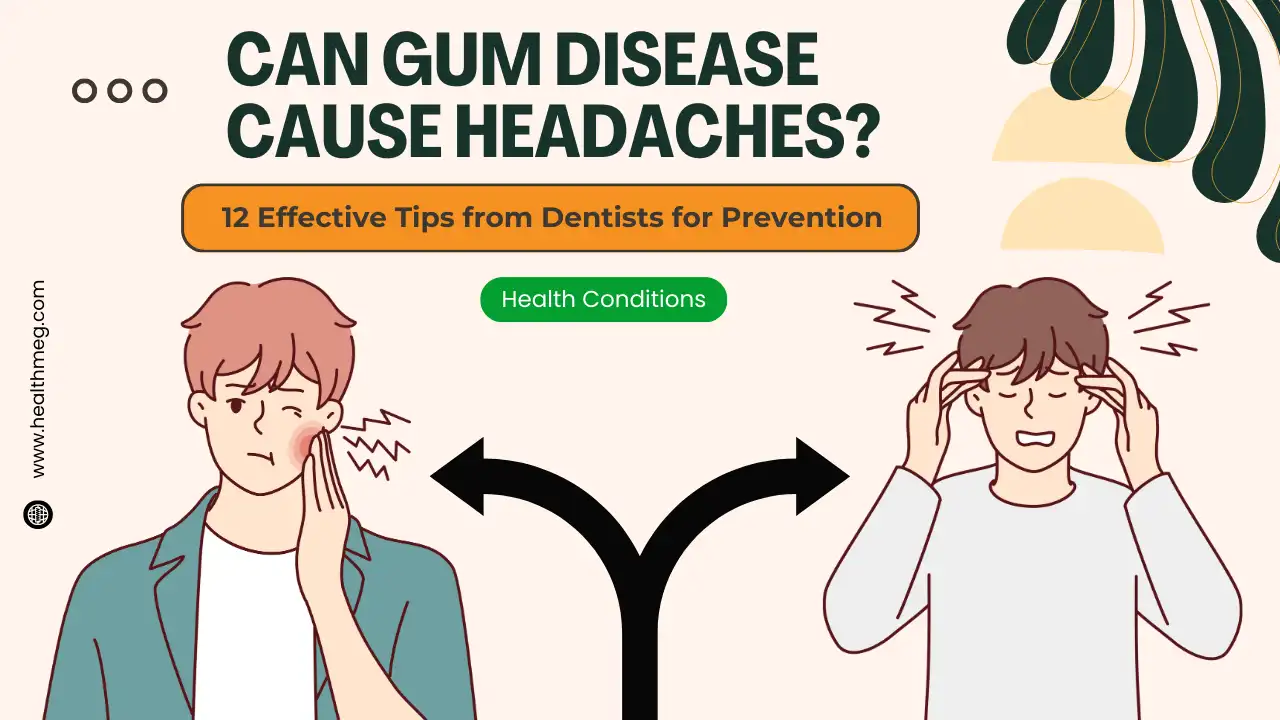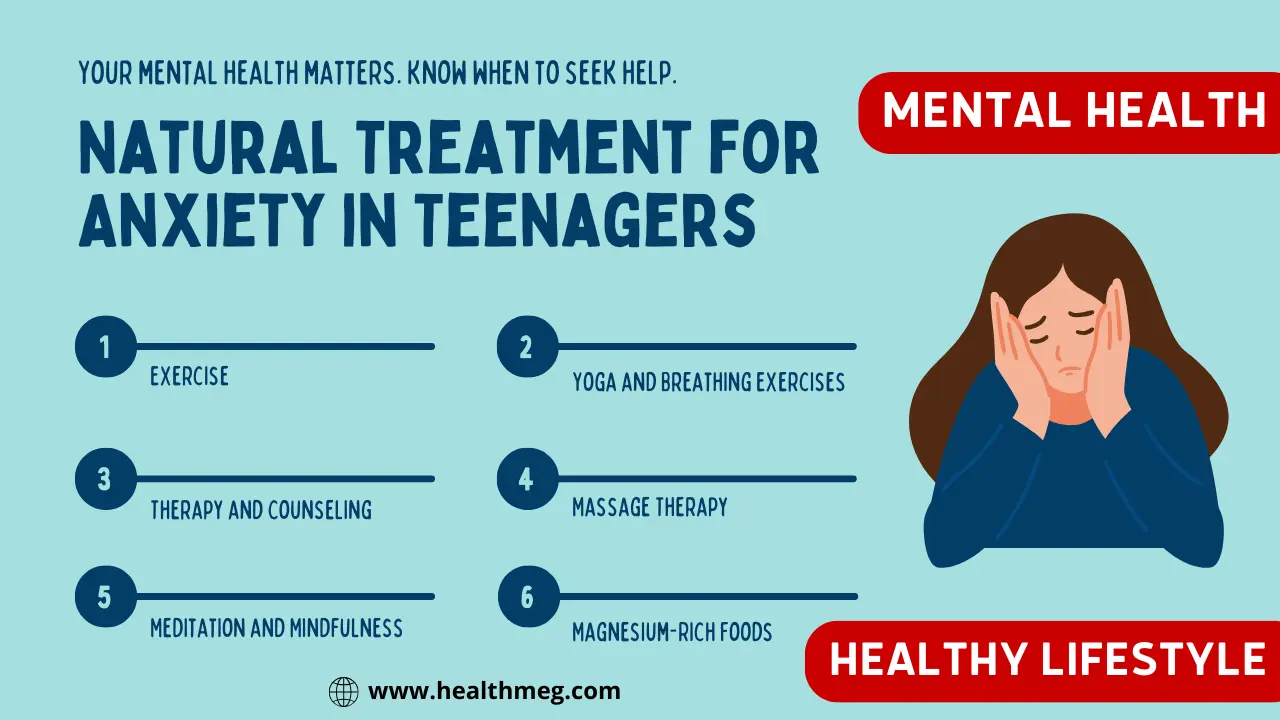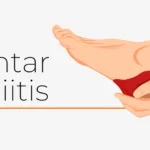Introduction
It’s miserable enough being sick with a bad cold or flu. But what if you’re also taking antibiotics to treat a separate bacterial infection like strep or pneumonia? Can you take cold medicine while on antibiotics? Or does combining antibiotics with nighttime cold relievers risk harmful interactions?
The real concern is – Can You Take Nighttime Cold Medicine with Antibiotics?
This comprehensive guide examines if and when you can take nighttime cold medicines containing decongestants, antihistamines, and pain relievers along with antibiotic treatment. It answers questions like “can i take cold medicine while on antibiotics” or “Can you take cold medicine while taking antibiotics?”
Do read the People Also Ask (FAQs) about this topic.
Key Takeaways
- In general, it is safe to take nighttime cold medicine with antibiotics.
- If you are taking any other medications, it is important to check with your doctor or pharmacist before taking nighttime cold medicine with antibiotics.
- If you experience any side effects after taking nighttime cold medicine with antibiotics, stop taking the medications and contact your doctor.
- If you are pregnant or breastfeeding, it is important to talk to your doctor before taking nighttime cold medicine with antibiotics. So, if you’re wondering, “Can I take cold medicine with antibiotics?” or “Can you take antibiotics with cold medicine?”, the answer is generally yes, but always check with a healthcare professional.
Bonus takeaway:
- See your doctor or chemist if you have any concerns about using antibiotics alongside over-the-counter cold medication.
Are Antibiotics Safe to Take With Nighttime Cold Medicines? (Can you take nighttime cold medicine with antibiotics?)
The short answer is yes – most antibiotic courses are safe to pair with over-the-counter nighttime cold and flu products when needed temporarily.
However, it’s crucial to check the specific medications and ingredients in both the antibiotic and cold medicine to avoid potential negative interactions.
Many nighttime cold formulas contain decongestants, antihistamines for runny noses and acetaminophen (Tylenol) or ibuprofen (Advil) for aches and pains. Most don’t directly interact with antibiotics, but each ingredient needs evaluation for risks like increased sedation or high blood pressure.
Talk to your pharmacist about your unique medications for customized guidance. But with careful review and short-term use, antibiotics and nighttime cold medicines are generally fine together.
Do Antibiotics Treat Colds or Flu?
Now let’s examine antibiotics and cold medicine together, it helps to understand what antibiotics can and can’t treat.
Antibiotics like penicillin, amoxicillin and azithromycin solely fight bacterial infections caused by organisms like streptococcus, chlamydia pneumonia and staphylococcus. Common examples are bronchitis, strep throat, urinary tract infections and certain types of pneumonia.
The viruses causing colds, flu, most sore throats and chest congestion are completely unaffected by antibiotics. So taking antibiotics does not treat most upper respiratory infections or their miserable symptoms like coughs, congestion, headaches and fevers.
However, some secondary infections like sinusitis, ear infections and pneumonia may be bacterial. If your doctor confirms a simultaneous bacterial illness, antibiotics are warranted but may still need relief for viral cold symptoms too.
This dual treatment approach is when knowing antibiotic and cold medicine interactions gets important.
Key Ingredient Interactions
While antibiotic use does not directly interact negatively with most nighttime cold and flu-active ingredients, examine each closely including:
- Decongestants
- Antihistamines
- Acetaminophen and NSAIDs
- Alcohol
- Birth Control Pills
1) Decongestants
Many nighttime formulas contain decongestants like pseudoephedrine or phenylephrine. These constrict swollen nasal blood vessels. Doubling up on decongestants while also taking certain antibiotics used for lung/sinus infections risks increased blood pressure and heartbeat changes.
Examples are azithromycin and clarithromycin which may compound the stimulant effects. Carefully check antibiotic class and warnings. Talk to your pharmacist about individual risks.
2) Antihistamines
Diphenhydramine (Benadryl) and doxylamine succinate (found in NyQuil) can potentially increase antibiotic side effects like stomach upset, dizziness and drowsiness. But for most short courses, the monitored combination is OK.
Chlorpheniramine (in DayQuil), dexchlorpheniramine and cetirizine don’t typically interact negatively with antibiotics.
3) Acetaminophen and NSAIDs
No major interactions are known between acetaminophen (Tylenol), ibuprofen (Advil) or naproxen when taken with antibiotics like amoxicillin or azithromycin. But avoid exceeding the maximum daily amounts.
However, do NOT combine Tylenol or other products containing acetaminophen while taking isoniazid (for tuberculosis). Serious liver toxicity can occur.
4) Alcohol
NEVER drink alcohol when taking nighttime cold medicines or any antibiotics. Extreme drowsiness, dizziness and cognitive impairment occur.
Alcohol and metronidazole (for bacterial vaginosis or diverticulitis) also produce severe nausea, vomiting, flushing and rapid heartbeat.
5) Birth Control Pills
Some antibiotics like rifampin (for tuberculosis) lower oral contraceptive effectiveness. Backup methods are vital to prevent pregnancy.
Best Nighttime Cold Medicines to Pair With Antibiotics
When evaluating nighttime symptom relief to mix with antibiotics, these evidence-based options can provide relief without significant interactions:
- Tylenol Cold + Flu Nighttime caplets provide fever/pain help without negative antibiotic interactions. Avoid versions with decongestants like Tylenol Sinus Severe.
- Theraflu Nighttime Severe Cold and Cough liquid contain acetaminophen and cough suppressant without decongestants. Also comes in capsules without acetaminophen if pain relief is not needed. Close monitoring is still advised.
- NyQuil/ZzzQuil Pure Zzzs liquid only contains antihistamine diphenhydramine, no decongestants or acetaminophen. May increase drowsiness from some antibiotics.
Discuss all medication choices with your pharmacist, including prescription antibiotics, herbals or other over the counters. Have them verify choices using your comprehensive medication profile.
Safe Dosage Amounts
Carefully follow all dosing instructions and maximum amounts on your antibiotic prescription and the nighttime cold medicine packaging. Never exceed stated amounts.
Typical safe limits when used for less than two weeks:
- Acetaminophen (Tylenol) – No more than 3000 mg total per day from all products
- Ibuprofen (Advil) – No more than 1200 mg per day unless directed by the doctor
- Naproxen (Aleve) – 220 mg every 8 to 12 hours as needed
- Decongestants – 240 mg max per day to avoid blood pressure spikes
Combining medications, even over-the-counter types, can quickly exceed safe daily limits resulting in toxicity and organ damage. Again, confirm choices with your pharmacist.
When To Exercise Caution
Avoid pairing antibiotics with nighttime cold and flu formulations without medical supervision if:
- You have hypertension, heart disease, diabetes, hyperthyroidism or glaucoma which may be aggravated by decongestants
- You’ve been prescribed MAO inhibitors for depression like phenelzine (Nardil), and tranylcypromine (Parnate) given potentially dangerous interactions with antihistamines and decongestants
- You have COPD, asthma, enlarged prostate, or urinary retention problems exacerbated by decongestants
- You have known liver conditions vulnerability to acetaminophen overdose
In these cases, explore alternative natural symptom relief options. If needed short-term, have medical providers closely monitor for complications.
Can You Take Antibiotics and Nighttime Cold Meds Long Term?
Do not take antibiotic courses with nighttime flu medications longer than 10 to 14 days maximum without consulting doctors.
Many over-the-counter cold, flu and combination products clearly state “do not use longer than 7 days” right on the packaging. Prolonged use risks worsening stuffy nose rebound swelling when stopped, increased blood pressure, heartbeat irregularities and continued insomnia.
With lingering symptoms, see your health provider to evaluate developing secondary infections, the need for additional medications or treatments, or antibiotic-resistant organisms.
For chronic sinusitis or nasal congestion lasting longer than two weeks, get medical guidance rather than continually double-treating with antibiotics and symptom relief medications without professional input.
Conclusion
Can you take antibiotic pills or liquids with nighttime cold and flu symptom formulas? For most people completing short-term antibiotic treatment (7-10 days), yes.
However, carefully check both prescription antibiotic and over-the-counter nighttime medication ingredients and doses. Avoid duplicating decongestants or exceeding the maximum daily limits of acetaminophen or ibuprofen unless directed.
Certain medical conditions also warrant more caution when combining antibiotics with cold medicines containing stimulants. And never drink any alcohol while taking either antibiotics or nighttime cold preparations.
Discuss all medication options with your pharmacist to verify choices and safe usage instructions based on your health history and drug profile. When used properly and for less than two weeks, antibiotic treatment and nighttime cold relief can temporarily be used together by most people.
People Also Ask (FAQs)
Q) Can you take cold medicine with an antibiotics? Why or why not?
A) It’s generally advisable to avoid taking cold medicine with antibiotics without consulting a healthcare professional. It is important to follow a doctor’s advice as several components or ingredients in cold medicine may interact with antibiotics, potentially producing negative effects or affecting the effectiveness of the medication.
Q) Can you take nighttime cold medicine with azithromycin?
A) It is essential to consult with a healthcare professional before combining nighttime cold medicine with azithromycin. Certain ingredients in cold medicine might interact with azithromycin, and personalized medical advice ensures the safety and effectiveness of the combined treatment.
Q) Can you take nighttime cold medicine with amoxicillin?
A) Yes, most people can take nighttime cold medicine with amoxicillin. However, it’s always important to check with a healthcare professional and read the labels of both medications to avoid potential negative interactions.
Q) Can you take nighttime cold medicine with penicillin?
A) Yes, most people can take nighttime cold medicine with penicillin. However, it’s always important to check with a healthcare professional and read the labels of both medications to avoid potential negative interactions.
Q) Can you take cold meds with antibiotics?
A) Yes, most people can take cold meds with antibiotics. However, it’s always important to check with a healthcare professional and read the labels of both medications to avoid potential negative interactions.
Q) Can I take antibiotics with cold medicine?
A) Yes, most people can take antibiotics with cold medicine. However, it’s always important to check with a healthcare professional and read the labels of both medications to avoid potential negative interactions.
Q) Can I take cold medication with antibiotics?
A) Yes, most people can take cold medication with antibiotics. However, it’s always important to check with a healthcare professional and read the labels of both medications to avoid potential negative interactions.
Q) What medications should not be taken with cold medicine?
A) Cold medicine should not be taken with medications containing similar active ingredients, as this can lead to overdosing on specific components such as decongestants or acetaminophen. Additionally, individuals on certain prescription medications, like monoamine oxidase inhibitors (MAOIs), should avoid combining them with cold medicine due to potential interactions. Always check labels and consult a healthcare professional for personalized advice.
Q) Can u take cold medicine with antibiotics?
A) Yes, most people can take cold medicine with antibiotics. However, it’s always important to check with a healthcare professional and read the labels of both medications to avoid potential negative interactions.
Q) Can azithromycin and Cheston cold be taken together?
A) It’s advisable to consult with a healthcare professional before taking azithromycin and Cheston cold together. Certain ingredients in Cheston cold may interact with azithromycin, and personalized medical advice ensures the safety and effectiveness of the combined treatment.
Q) Is nighttime cold medicine safe?
A) Nighttime cold medicine is generally safe when used as directed. However, individuals should be cautious about potential side effects, drowsiness, and interactions with other medications. It’s advisable to follow recommended dosage instructions and consult with a healthcare professional if there are concerns or underlying health conditions.
Q) Can you take cold medicine and antibiotics at the same time?
A) It’s generally advisable to avoid taking cold medicine and antibiotics simultaneously without consulting a healthcare professional. Mixing them can potentially interact with or diminish the effectiveness of antibiotics, so it is very important to seek personalized medical advice for safe and appropriate usage.












